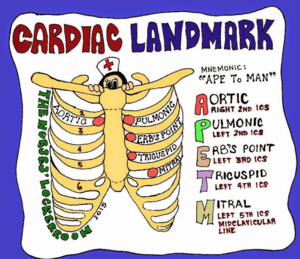14071831
Consent in Healthcare
Resource summary
Question 1
Question
[blank_start]Autonomy[blank_end] is the ethical guiding principle behind consent in health-care.
Answer
-
Autonomy
Question 2
Question
Touching another person without a valid lawful excuse is an example of the legal principle of [blank_start]battery[blank_end]
Answer
-
battery
Question 3
Question
There are three main types of consent: [blank_start]verbal[blank_end], [blank_start]written[blank_end] and [blank_start]implied[blank_end]
Answer
-
verbal
-
written
-
implied
Question 4
Question
Four elements to consent:
It cannot be given under [blank_start]coercion[blank_end]
The procedure must be [blank_start]described[blank_end]
The PT must be informed of [blank_start]benefits[blank_end] and [blank_start]risks[blank_end]
The individual must have [blank_start]legal capacity[blank_end] to consent
Answer
-
coercion
-
described
-
benefits
-
risks
-
legal capacity
Question 5
Question
Right to refuse treatment:
comes under the [blank_start]Medical treatment[blank_end] act 1988
An adult of SOUND MIND can [blank_start]refuse[blank_end] any treatment or [blank_start]withdraw[blank_end] from any treatment at any stage
For someone to continue to treat a patient who has attempted this - it is considered [blank_start]ASSAULT[blank_end]
Answer
-
Medical treatment
-
refuse
-
withdraw
-
ASSAULT
Question 6
Question
In situations of emergency care:
E.g a patient is unconscious - treatment can be given as long as it is [blank_start]reasonable[blank_end] and in [blank_start]good faith[blank_end]
Answer
-
reasonable
-
good faith
Question 7
Question
Children and consent:
Parents/legal guardians must provide the consent (except in [blank_start]emergency[blank_end] when they are not there)
A child may give consent if they can prove that they have [blank_start]sufficient understanding[blank_end] of the proposed treatment
If there is a conflict between parent and child in this decision making process the matter will be decided by the [blank_start]courts[blank_end]
Answer
-
emergency
-
sufficient understanding
-
courts
Question 8
Question
Should an individual be found to lack the individual capacity to make decisions regarding their care :
A [blank_start]guardian[blank_end] will be appointed by [blank_start]VCAT[blank_end]
This individual must be determined to advocate for that person's [blank_start]best interests[blank_end]
Answer
-
guardian
-
VCAT
-
best interests
Want to create your own Quizzes for free with GoConqr? Learn more.

